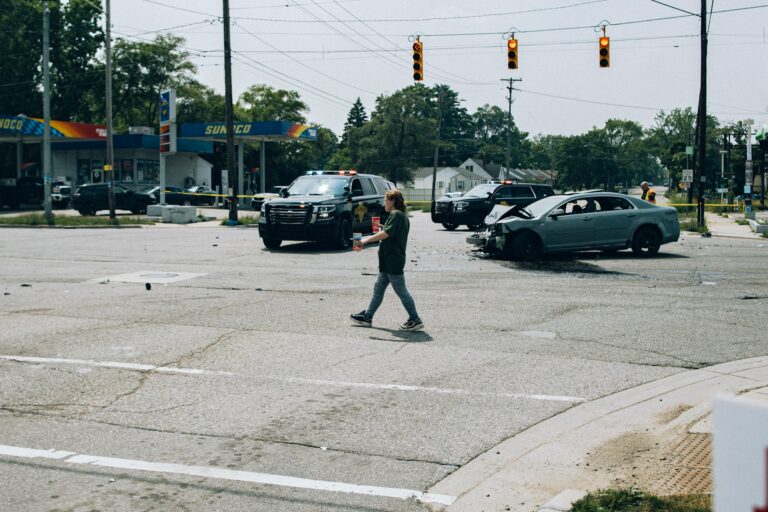If you’ve been paying attention to the news lately, you know that the opioid death epidemic is far-reaching and has devastated many families across the country. According to the Centers for Disease Control and Prevention (CDC), overdose rates have increased five-fold since 1990. This huge increase in opioid-related deaths has largely been attributed to the higher usage of prescription painkillers and an increase in cocaine and prescription sedative overdoses.
The opioid crisis has been destroying communities, particularly in poor and rural areas, and it can often feel so large and out of control that there’s nothing we can do to stop it. However, with some education on preventing accidental opioid deaths, recognizing the symptoms of overdose, and how to respond if the opioid overdose has taken place, we can help our families and our communities.
Here’s a bit of information on what opioids are, how to prevent accidental opioid deaths, and who, if anyone, is responsible for this crisis that is sweeping the nation.
WHAT ARE OPIOIDS?
First, what are opioids? According to the Substance Abuse and Mental Health Services Administration, opioids include illegal drugs like heroin, but they also commonly include prescribed drugs like morphine, codeine, methadone, oxycodone, hydrocodone, fentanyl, hydromorphone, and buprenorphine.
These drugs are typically prescribed for pain management, but they can be highly addictive. According to the Centers for Disease Control, more than 11 million people abused prescription opioids in 2016.
WHAT CAN BE DONE TO PREVENT ACCIDENTAL OPIOID DEATHS?
There is a lot of research and attention being paid to the opioid crisis, and while some things remain largely unknown on how to tackle this huge problem, there are a few things that prescribers and the public can do to help prevent as many of these needless deaths as possible.
First, the CDC has been publishing guidelines for prescribers on how to prescribe opioids for chronic pain to ensure patients have access to safer and more effective chronic pain treatment. The goal is that this will decrease the number of people who misuse and who may eventually overdose from these drugs. This is an extremely huge undertaking, as 11% of adults experience daily pain and while these medications do help with that, they are also highly addictive.
But what if you’re a family member of someone who has been prescribed (or is addicted to) these medications? There are several signs you can recognize of opioid overdose, which can be lifesaving if identified quickly.
Here are a few signs of an overdose:
- Loss of consciousness
- Unresponsive to outside stimulus
- Awake, but unable to speak
- Breathing is slow, erratic, or has stopped
- The skin turns blueish purple (if light-skinned) or grayish and ashen (if dark-skinned)
- The person is making a choking or snore-like gurgling noise
- Vomiting
- Limp body
- The face is pale or clammy
- Fingernails and lips turn blue or purplish black
- Heartbeat is slow, erratic, or nonexistent
Recognizing these signs quickly could save your loved one’s life.
If you have a loved one who has died because of an opioid overdose due to over-prescription or medical malpractice by a doctor in Georgia, you may have grounds for a wrongful death lawsuit. You need a legal team you can trust during this challenging time. Call on the Fry Legal Team at (404) 948-3571 today for more information.




